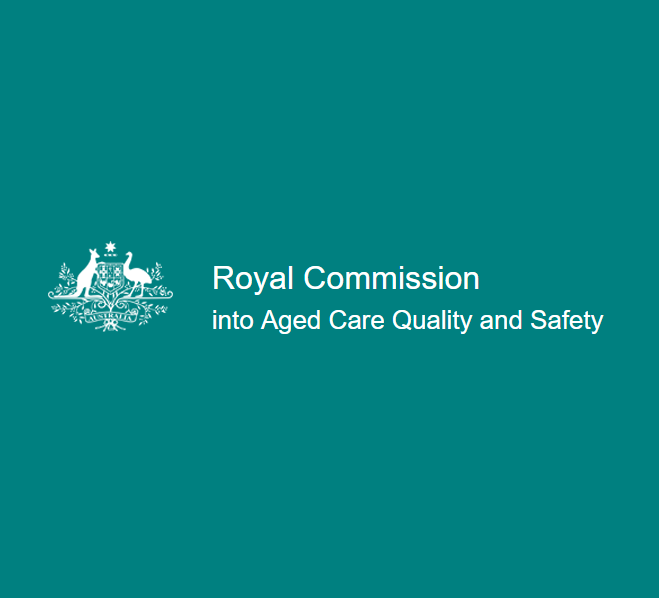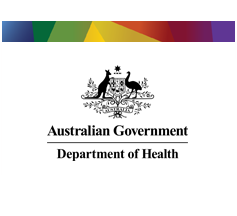On 1 January 2020, the Aged Care Quality and Safety Commission (the Commission) became responsible for approval of providers, aged care compliance and compulsory reporting which were previously the responsibility of the Secretary of the Department of Health. This includes monitoring of Prudential Standards. This transfer of statutory responsibilities from the Department provides the Commission with a broader range of regulatory functions and powers to oversee the provision of care by providers of Commonwealth-funded aged care services.
The Commission has prepared a summary of Key Changes to Commission Rules. Amendments to the Commission Rules were implemented in late 2019 to support the transition of regulatory functions.
The amendments focus on the following key outcomes:
• integrate and remove duplication in the management of non-compliance with the Aged Care Quality Standards (Quality Standards)
• establish a regulatory framework with graduated and escalating responses to non-compliance
• streamline existing performance assessment processes, providing greater clarity to consumers and transparency of decision making for providers.
The Commission has also updated key information in the following Regulatory bulletins:
• Assessment contacts in residential and home services
• Non-compliance with the Aged Care Quality Standards
• Aged Care Quality Standards performance assessment methodology
• Regulatory decision making
Read more:
Key regulatory changes in aged care services
Regulatory Strategy (.pdf)
Key changes for providers from 1 January 2020 – Aged Care Quality and Safety Commission Rules (.pdf)
Key changes for providers from 1 January 2020 – Accreditation and re-accreditation (.pdf)
Key changes for providers from 1 January 2020 – Timetable for improvement (.pdf)
Key changes for providers from 1 January 2020 – Assessment contacts (.pdf)
Key changes for providers from 1 January 2020 – Quality reviews (.pdf)
Key changes for providers from 1 January 2020 – Review audits (.pdf)
Key changes for providers from 1 January 2020 – Serious risk (.pdf)
Regulatory Bulletin – Assessment contacts in residential and home services (.docx)
Regulatory Bulletin – Responding to non-compliance with the Aged Care Quality Standards (.docx)
Regulatory Bulletin – Aged Care Quality Standards performance assessment methodology (.docx)



